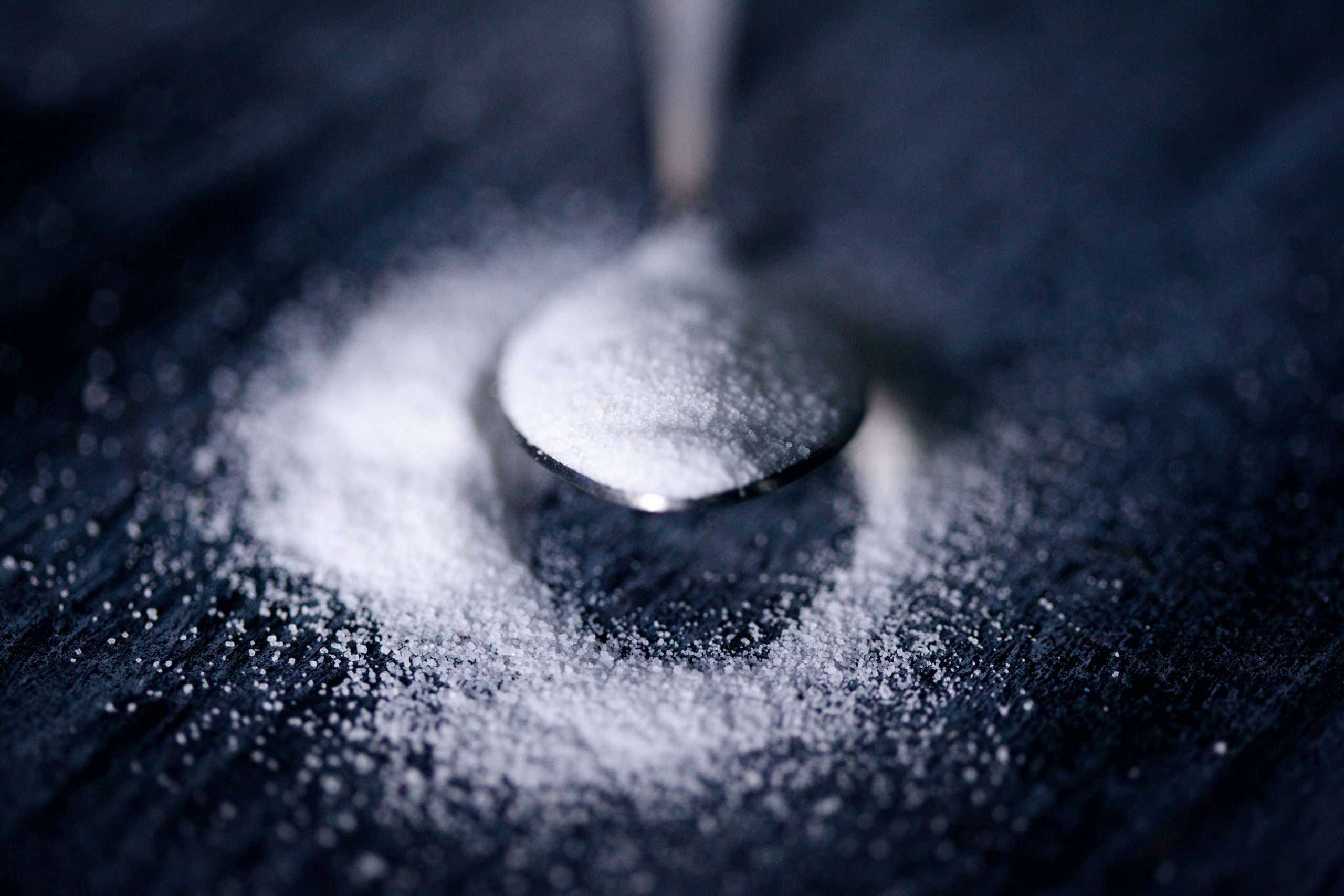on
BY SIMONE J. SMITH
“The recent revelations about the problems surrounding generic drug approvals are compelling evidence of what happens when an agency considers itself above the law in dealing with these matters. In my opinion, this has resulted in the mass poisoning of the American public as well as seventy-plus countries in the rest of the world.” Dr. Betty Martini, D.Hum
It’s oh so sweet like sugar. It is virtually calorie-free and has no aftertaste. It is what makes aspartame one of the most popular artificial sweeteners around today. No doubt, you have probably consumed an aspartame product in the past few days, if not the past few hours.
What is aspartame? Well, let’s put it this way; compared to table sugar, aspartame is about 200 times sweeter, which means a little goes a long way. One packet of aspartame (1 gram), which has four calories, is equal to the same amount of sweetness as two teaspoons of table sugar (8 grams), which has about 32 calories.
Aspartame can be found in a number of sugar-free products including
- Diet soda
- Chewing gum
- Gelatin
- Ice cream
- Breakfast cereal
- Sugar-free cocoa mix
Despite its widespread use, the artificial sweetener aspartame remains one of the most controversial food additives, due to mixed evidence on its neurobehavioral effects.
Aspartame is found in over 6,000 food items, and millions of American adults and children consume aspartame each day. In 1981, the US Food and Drug Administration (FDA) first approved it for limited use in solid food. It was approved as a general sweetener in 1996 by the FDA, and the World Health Organization and food regulatory authorities in Canada and Europe considered excessive intakes of aspartame as dosages above the acceptable daily intake (ADI) of 40 mg/kg body weight/day.
On August 1st, 1985 Senator Howard Metzenbaum submitted a bill, S. 1557 for NIH to do independent studies on what they were seeing in the population immediately after release of aspartame. This included behavioral and neurological effects experienced by individuals who had consumed aspartame, especially children. Other problems they were seeing included the consumption of aspartame on pregnant women and fetuses.
I have written about the dangers of aspartame before, and although some people have the opinion that it is fear mongering, to them I say, trust the science. Isn’t that what they have been telling us to do for the last three years?
In an article titled “Neurobehavioral Effects of Aspartame Consumption” (National Library of Medicine) they share details of research studies that have been conducted. Healthy adults who consumed a study-prepared high-aspartame diet (25 mg/kg body weight/day) for 8 days, and a low-aspartame diet (10 mg/kg body weight/day) for 8 days, with a 2-week washout between the diets, were examined for within-subject differences in: cognition, depression, mood, and headache.
The measures included weight of foods consumed containing aspartame, mood and depression scales, and cognitive tests for working memory and spatial orientation. Their research found that when consuming high-aspartame diets, participants had more irritable moods, exhibited more depression, and performed worse on spatial orientation tests.
Dr. Betty Martini, D.Hum. (Mission Possible World Health International), is a determined and passionate scientist and researcher who has been speaking out about the dangers of aspartame for majority of her career. She took time out to write a letter to The Honorable Denis R. McDonough, Secretary, Department of Veteran Affairs.
In her letter, she shared that aspartame was responsible for many cases of suicide because of depletion of serotonin. Studies confirmed what doctors and scientists had been saying for 40 years. “Serotonin levels were down by almost 74% while epinephrine (adrenaline) levels were alarmingly increased by 500%. So, while aspartame depresses the neurotransmitter associated with well-being and happiness (and which modulates cognition, reward, learning, memory and other beneficial physiological processes), it also greatly increases the neurotransmitter associated with fear and anger.”
What is science telling us? It is telling us that Aspartame and other artificial sweeteners can alter your brain chemistry and cause dependency. What does this lead to? It leads to aspartame addiction withdrawal if you start to cut it out of your dietary intake. This can be very unpleasant.
How do you know that you are addicted to aspartame?
Cut it out of your diet. If you experience aspartame withdrawal symptoms, your body and brain are dependent. The most common aspartame withdrawal symptoms include:
- Headaches
- Anxiety
- Muscle pain
- Nausea
- Mood swings
- Digestive issues
- Skin concerns
- Eye problems
- Cognitive symptoms
So what to do? Instead of aspartame, try one the below alternatives to sweeten your food or drinks:
- Allulose
- Stevia leaves
- Monk fruit
- Honey
- Agave nectar
- Date sugar
This transition may not be easy, but remember why you are doing it. Always remember it is about the long game.
Stay in the loop with exclusive news, stories, and insights—delivered straight to your inbox. No fluff, just real content that matters. Sign up today!
We, as humans are guaranteed certain things in life: stressors, taxes, bills and death are the first thoughts that pop to mind. It is not uncommon that many people find a hard time dealing with these daily life stressors, and at times will find themselves losing control over their lives. Simone Jennifer Smith’s great passion is using the gifts that have been given to her, to help educate her clients on how to live meaningful lives. The Hear to Help Team consists of powerfully motivated individuals, who like Simone, see that there is a need in this world; a need for real connection. As the founder and Director of Hear 2 Help, Simone leads a team that goes out into the community day to day, servicing families with their educational, legal and mental health needs.Her dedication shows in her Toronto Caribbean newspaper articles, and in her role as a host on the TCN TV Network.













